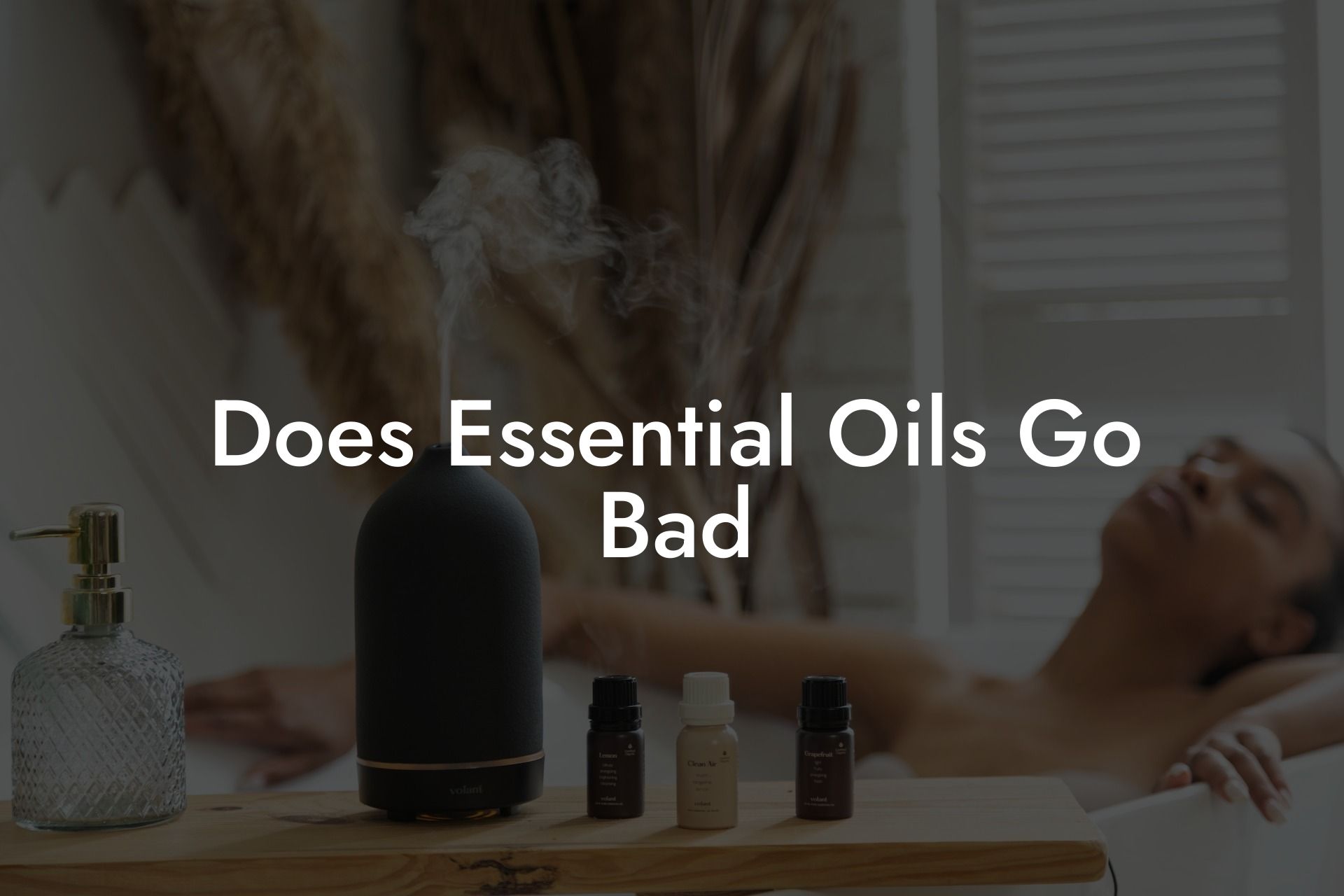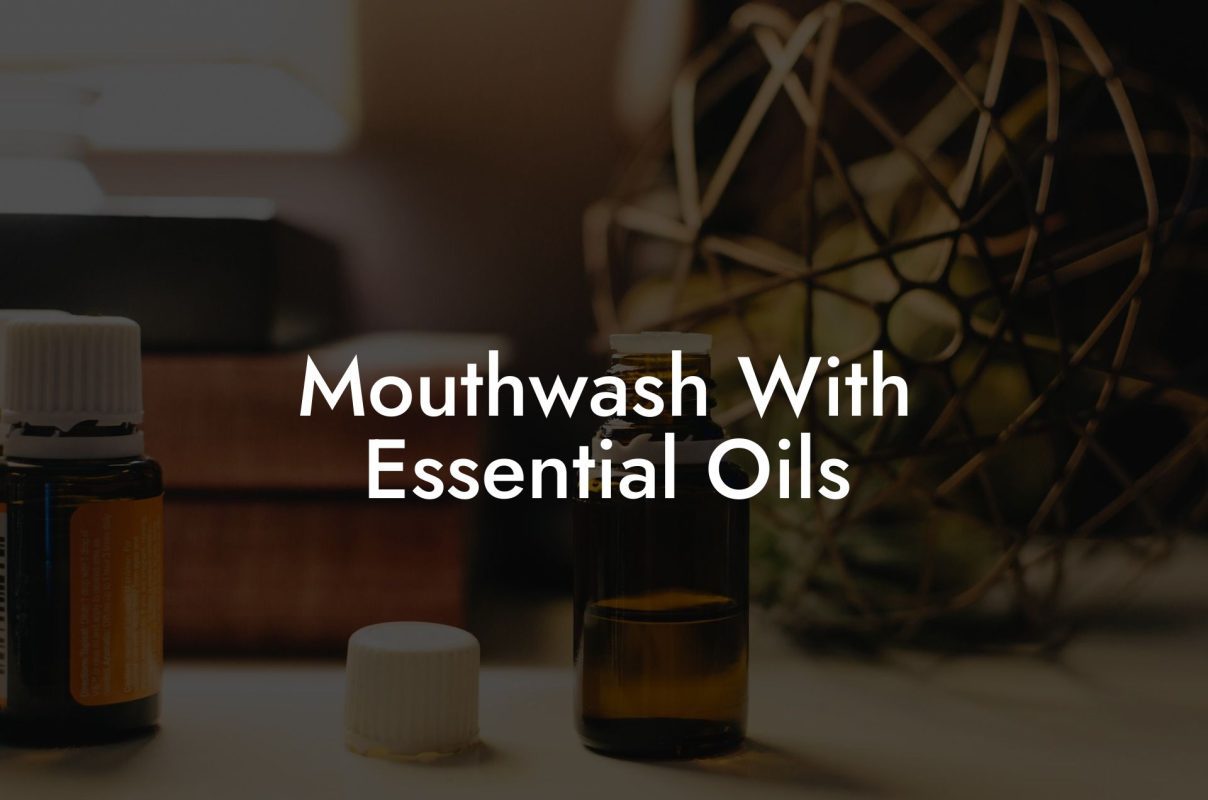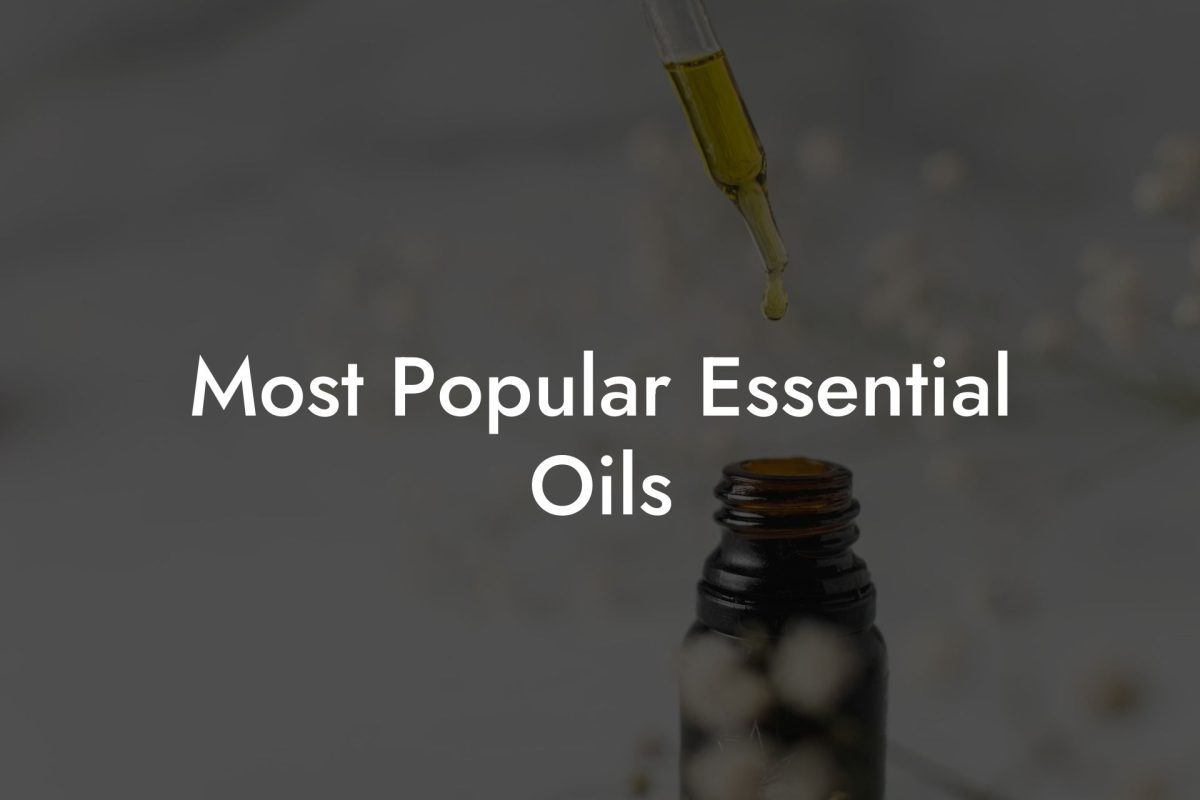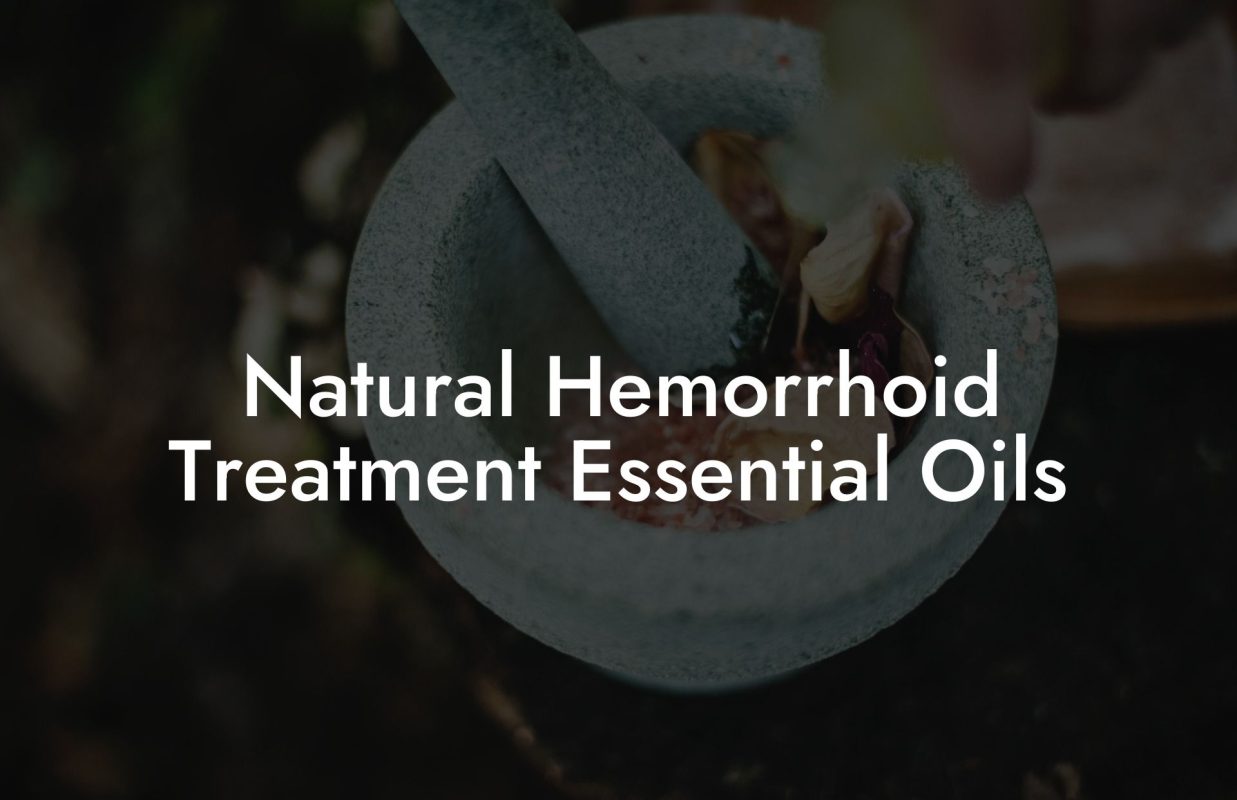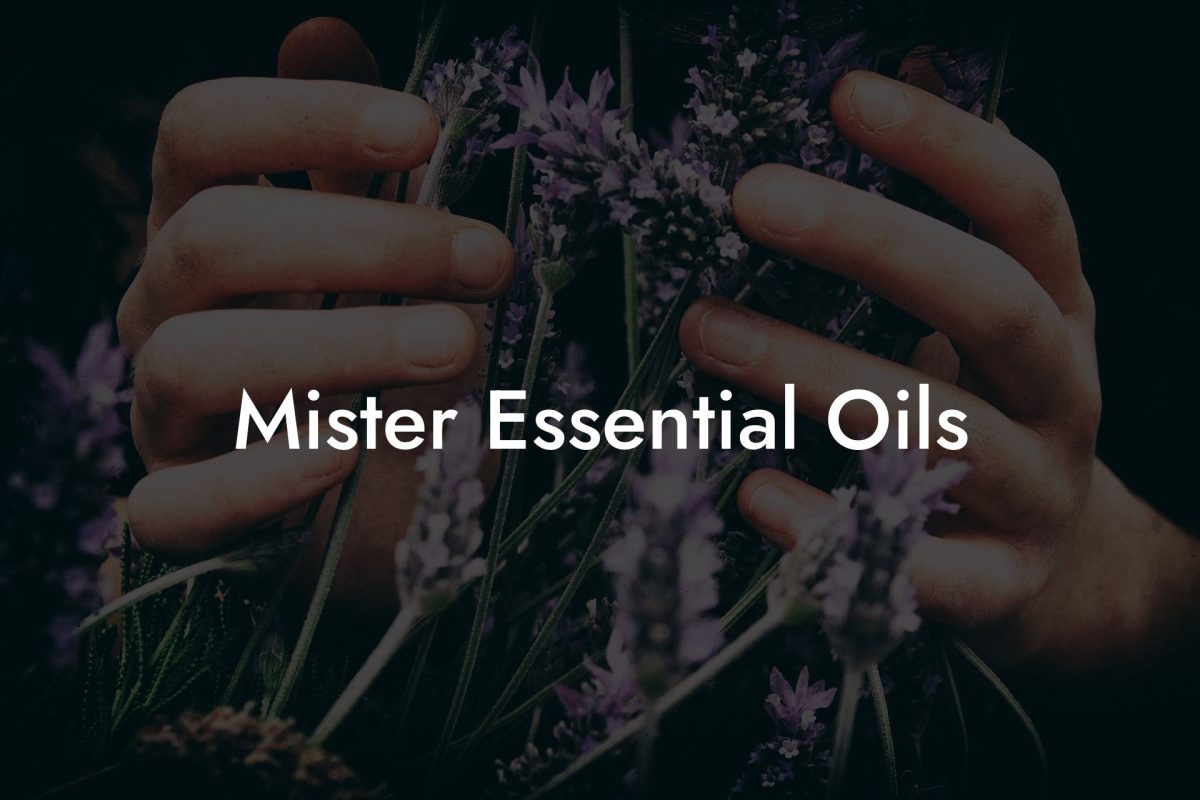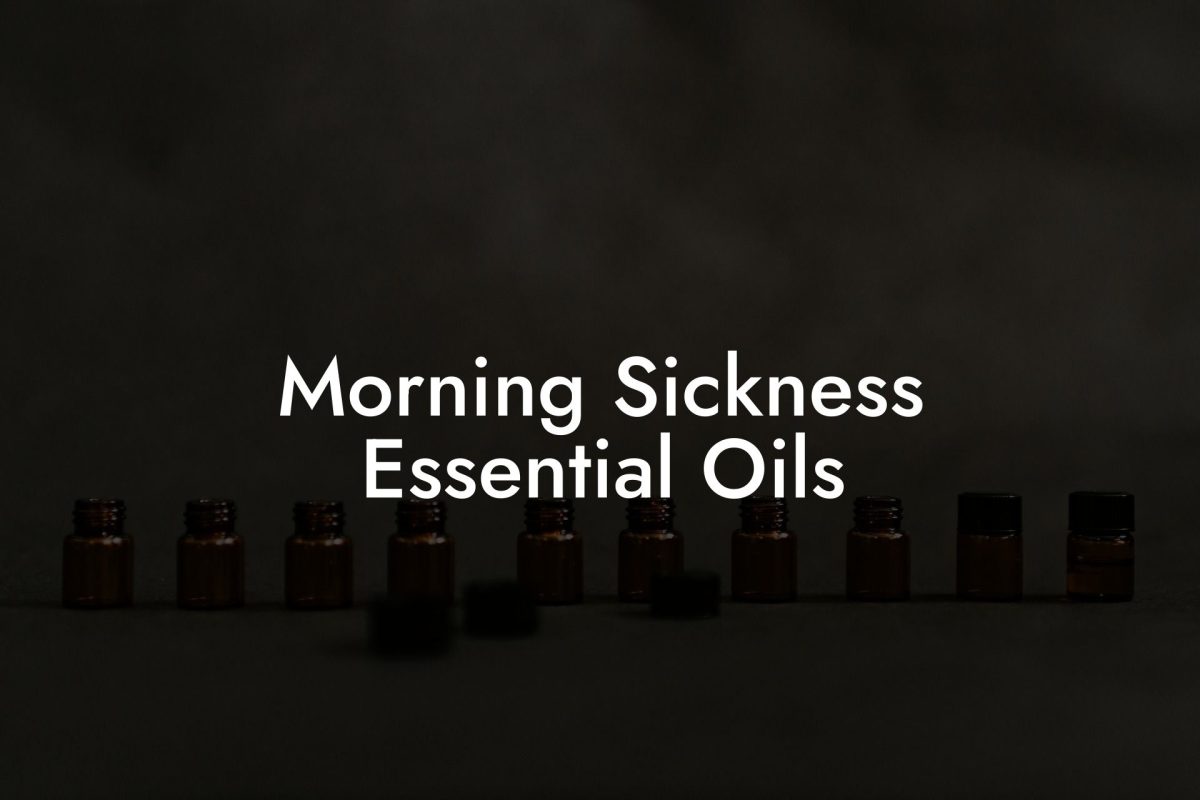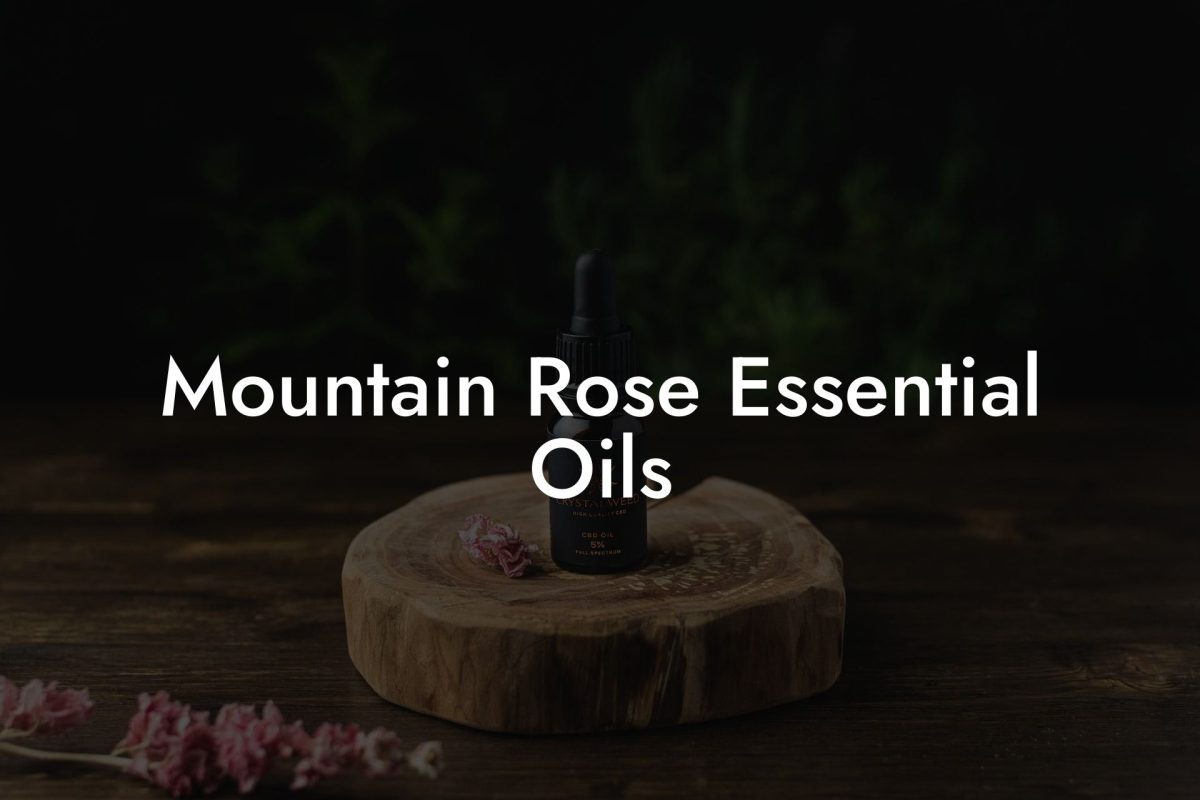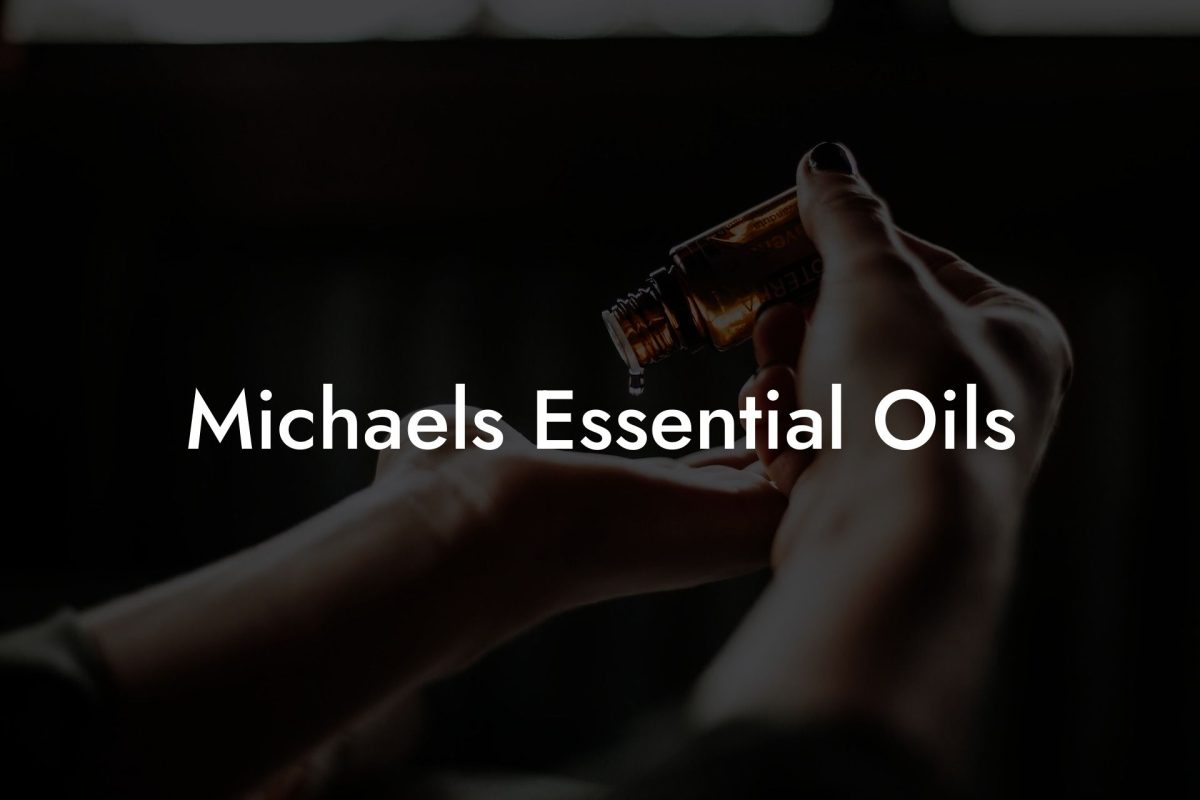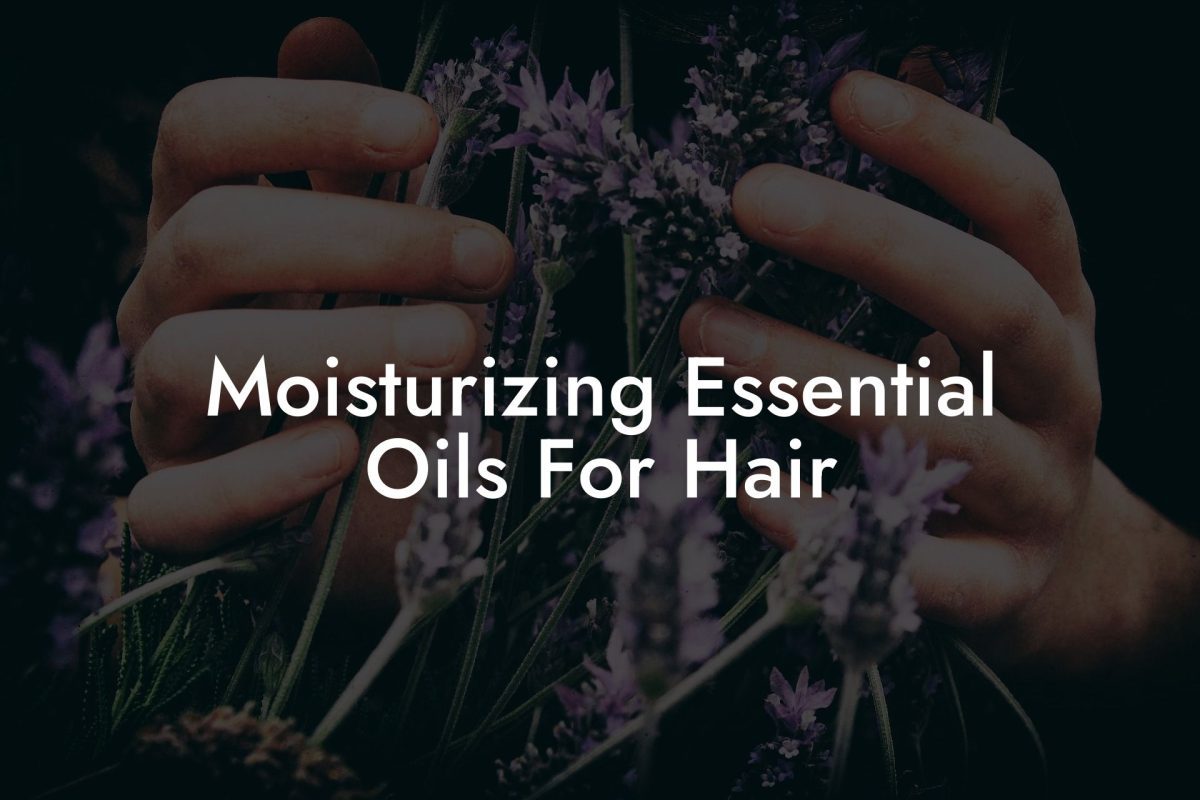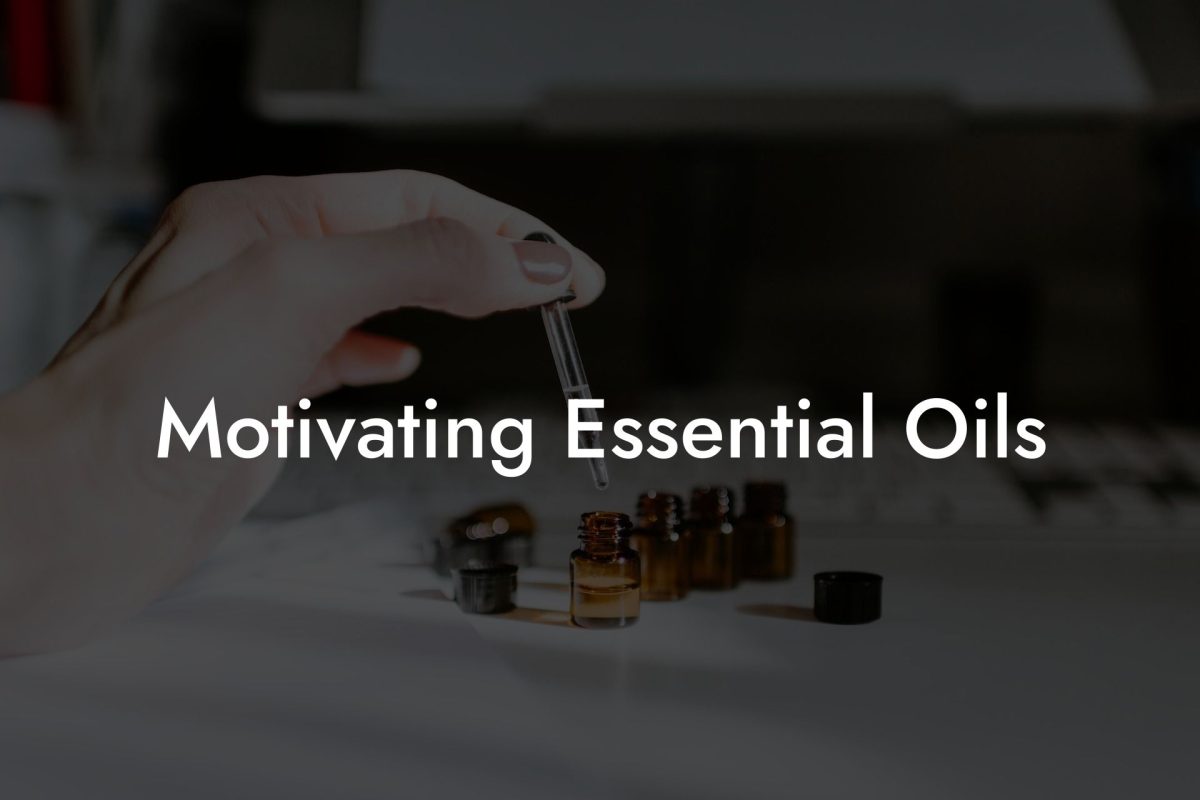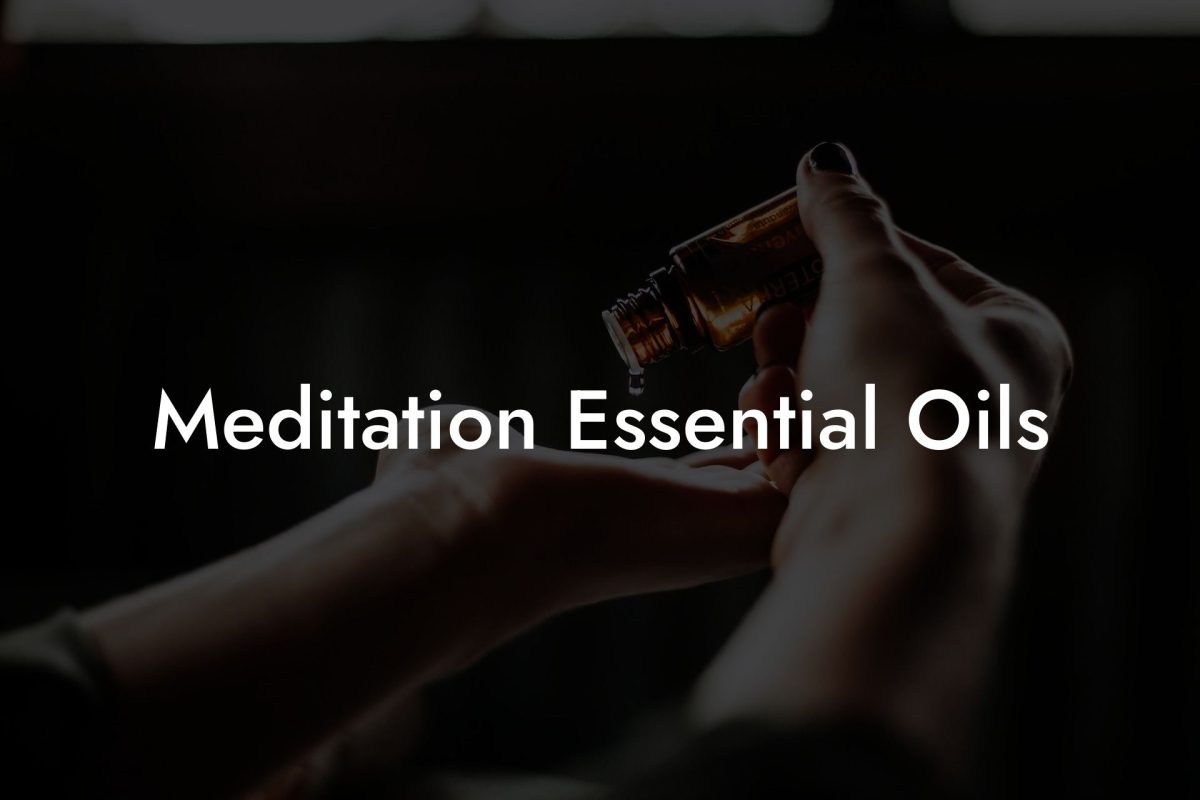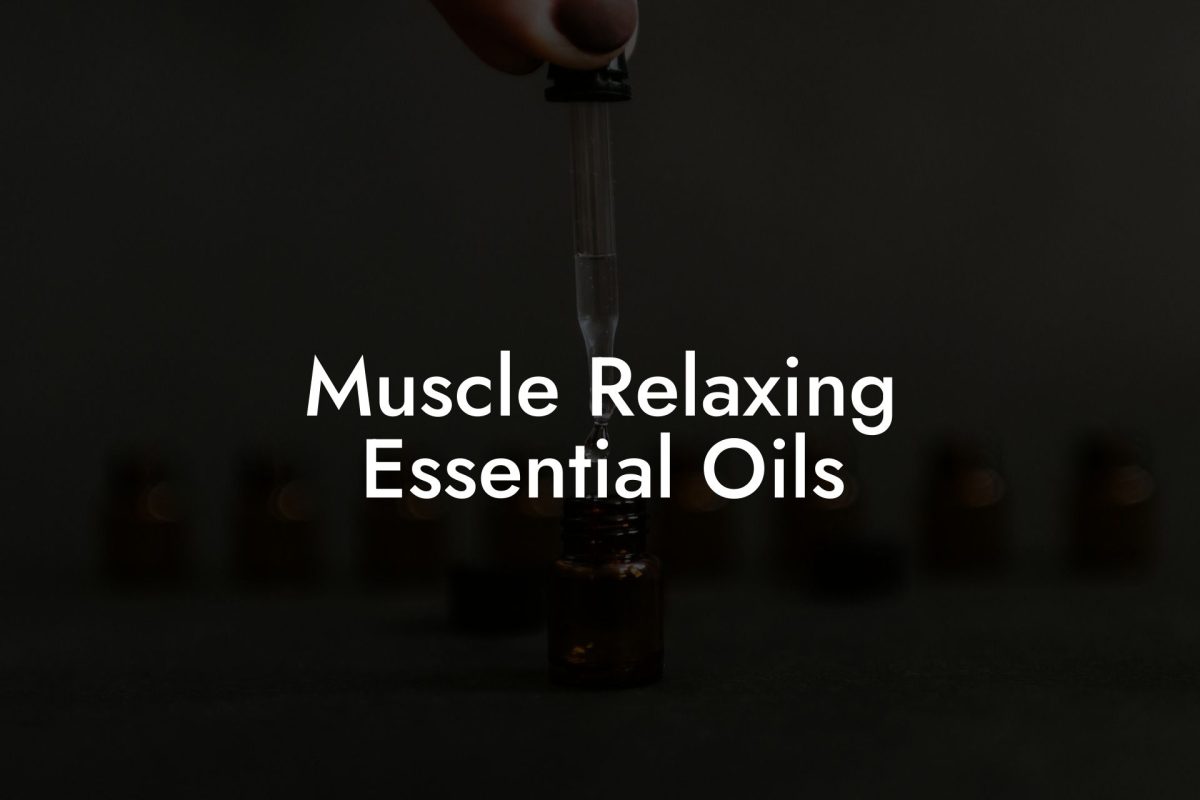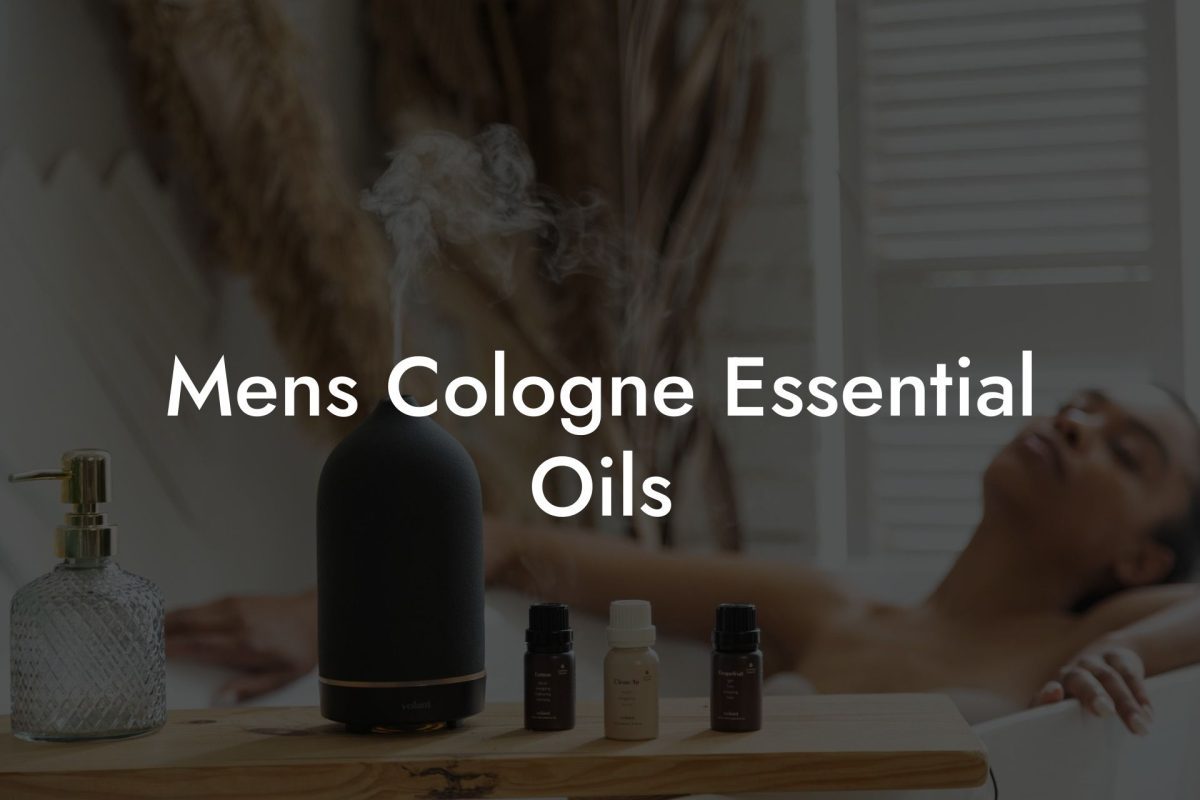Have you ever wondered if essential oils go bad? You’re not alone. The question of whether essential oils have a shelf life or if they can spoil like other products has been a topic of interest for many aromatherapy enthusiasts. The truth is, essential oils do have an expiration date, but it might be longer than you think. In this article, we’ll explore the factors that affect the shelf life of essential oils and provide tips on how to properly store them to ensure their potency and effectiveness.
Table of Contents
Factors That Affect the Shelf Life of Essential Oils
There are several factors that can impact the expiration date of your essential oils. These include:
1. Oil Composition
Different essential oils have different chemical compositions, which can affect their longevity. For example, citrus oils like lemon and orange have a shorter shelf life than more stable oils like sandalwood or frankincense.
2. Storage Conditions
Proper storage is crucial for maintaining the quality of your essential oils. Exposure to heat, light, and oxygen can cause your oils to degrade or oxidize over time, reducing their effectiveness.
3. Packaging
The type of container you store your essential oils in can also impact their shelf life. Dark glass bottles, such as amber or cobalt blue, help protect oils from light exposure, while airtight containers help prevent oxidation.
How to Properly Store Essential Oils
To ensure the longevity of your essential oils, follow these storage tips:
- Keep oils in a cool, dark place, away from sunlight and heat sources.
- Store them in dark glass bottles with tightly sealed caps to prevent oxidation.
- Avoid using plastic containers, as some essential oils can degrade the plastic over time.
- Label your bottles with the purchase or opening date to help keep track of their age.
Signs That Your Essential Oils Have Expired
While essential oils may not spoil like food, there are still signs that indicate they’re past their prime. These include:
- Changes in Aroma: If an essential oil smells off or significantly different from when it was first opened, it may be expired.
- Changes in Consistency: Expired oils may become thicker or have a different texture than fresh oils.
- Discoloration: Oils that have oxidized might change color, becoming darker or more cloudy over time.
The Importance of Using Fresh Essential Oils
Using fresh essential oils ensures that you’re reaping the full benefits they have to offer. Expired oils may lose their potency and effectiveness, leading to disappointing results in your aromatherapy routine.
Additionally, some oxidized oils can cause skin irritation or even become toxic, making it essential to only use oils that are within their shelf life.
Does Essential Oils Go Bad Example:
Imagine that you’ve had a bottle of lavender essential oil sitting in your cupboard for a couple of years. You remember that it used to have a lovely, calming scent, but now it has a slightly off smell. This change in aroma is a telltale sign that the oil has expired and will no longer provide the soothing benefits you seek.
In this case, it would be best to dispose of the lavender oil and purchase a fresh bottle. By doing so, you can rest assured that you’re using a potent, effective product in your daily routine.
Now that you’ve learned about the shelf life of essential oils and how to properly store them, you can enjoy the many benefits that these aromatic treasures have to offer. Keep your essential oils fresh to enhance your wellbeing and transform your daily rituals. Share this article with fellow aromatherapy enthusiasts, and be sure to explore our other guides on Oshu Oils to expand your knowledge. Browse the Oshu Oils range of essential oils to discover your favorite blends and elevate your aromatic experience today.

